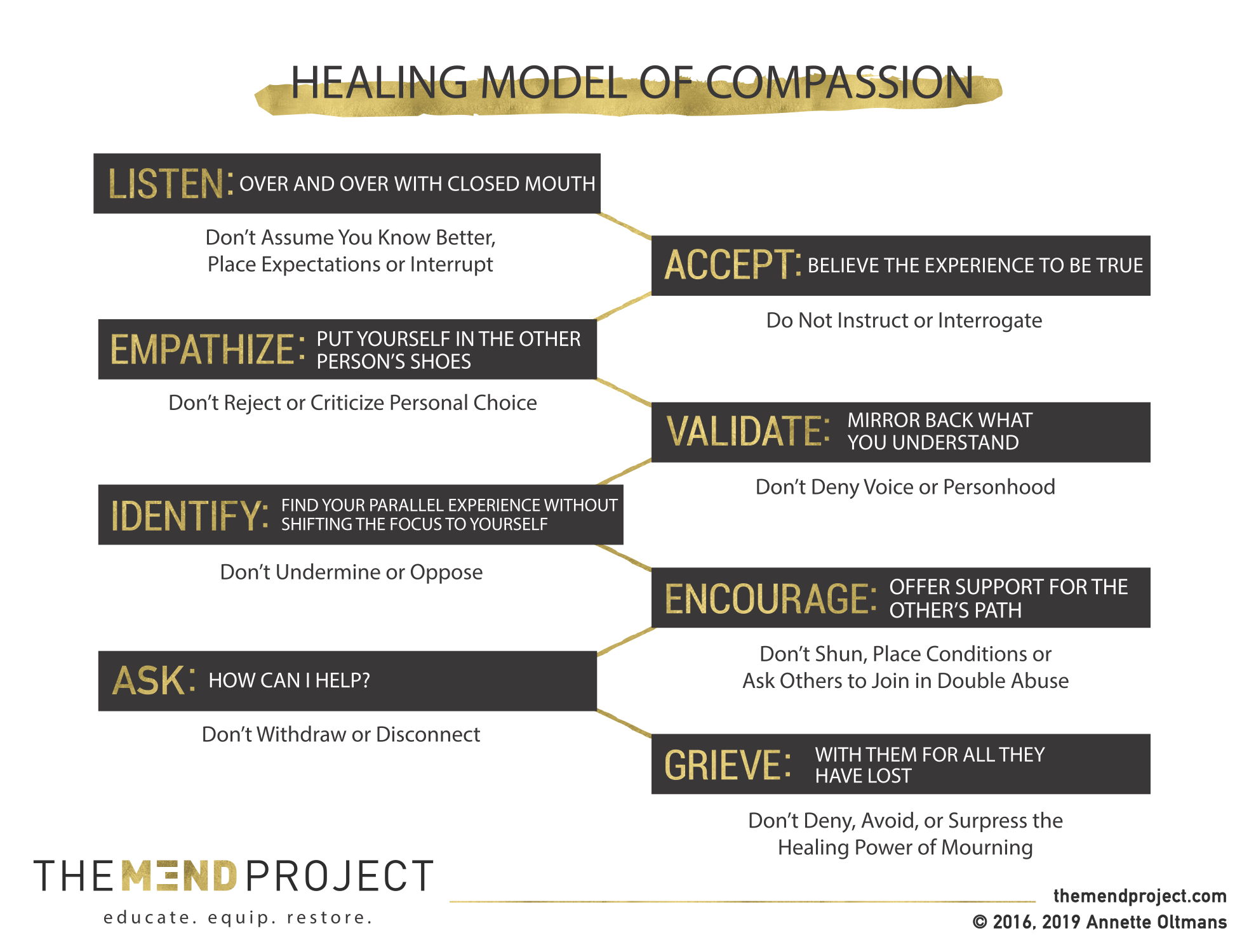In the past few weeks, we have explored both childhood bullying and bullying within adult relationships. When we think of bullying, many of us automatically imagine a big kid on a playground pestering a smaller one or stealing their lunch money, but changing times and the use of technology have convoluted the traditional image of bullying. The conclusion is clear: bullying is not going away. Instead, it is manifesting in new ways and extending its reach to targets located far beyond the playground. At The M3ND Project, we believe that clarity comes with knowledge. We may not be able to prevent bullying but we can respond in ways that support and empower victims, as well as to help bullies by facing accountability for their harmful behavior.
While the type of bullying that occurs today tends to be covert in nature and harder to detect and describe, the damaging effects on a person’s mental and physical health remain high. For first responders who interface with victims, it’s critical to be equipped with the best tools to guide and support the survivor toward true healing and wholeness.
As an abuse awareness organization, The M3ND Project talks about different types of abuse and how first responders can handle each one. One of the best resources we provide for those working with victims is our Healing Model of Compassion, which focuses on empathizing and listening to the victim rather than inserting instructions or opinions. For first responders, which is any individual to whom a victim may turn to for help, having this resource ready in their response toolbox can be life-changing for victims.
Listen

Listening with a closed mouth while the victim shares their story shows that you care and gives them the freedom to open up and perhaps let you know something they have not felt comfortable to share with others.
First responders should become aware of The M3ND Project’s terms and definitions of behaviors which they should refrain from. For example, far too often adult first responders to a child victim, such as the parents or school principal, often misuse minimization to quiet the victim, telling them that “boys and girls do this stuff all the time; it’s no big deal” and “I remember this happening on the playground when I was a kid.” Or, they place the blame on the victim, “Are you sure you didn’t provoke them?” The same responses can happen in the adult bullying situation, for example, when we tell a coworker, “You’re not special; she treats everyone that way,” effectively dismissing the victim altogether. When one responds to a victim in this way, it silences and traumatizes the victim and causes them to feel they need to shoulder the bullying all on their own, rather than securing hope for a way out or a safe place to share their experience and obtain help and resources they might need. Listening is a critical first step that will help the victim to feel safe and loved.
Accept
Empathy
Validate
Identify
Encourage
Ask
Grieve
The best way to end a conversation with a bullying victim is to offer encouragement and security to keep everything confidential, if possible. There are times, especially with children, when the first responder has a responsibility to report the bully and their behavior to authorities. But even in an adult bullying scenario, there might be circumstances requiring the first responder to alert people in authority to the bully’s behaviors. For instance, where the bully is creating a toxic workplace through their actions, the company may be unknowingly opening themselves up to significant liability. Sharing with human resources, after first receiving permission from the victim, may help to prevent further harm to co-workers and the company.
When the first responder tells the victim that they believe in them, that they are a good person and they know the victim will get through this, they are providing encouragement and support. Assuring the victim they will be there for them, ensures the victim that they are not alone and they do not have to figure out the situation independently. By utilizing the Healing Model of Compassion, first responders can feel better equipped and confident in properly supporting victims knowing they can positively impact their life and guide them during a rough season.
Resources
As we move into the middle of the holiday season, The M3ND Project would like to thank you for your constant support. The M3ND Project is a 501(c)3 nonprofit organization that relies on charitable contributions to educate, equip, and restore those impacted by abuse. We educate on covert emotional abuse and train individuals and organizations on the frontlines who are addressing and responding to victims. Please consider helping us continue our work by making supporting our Giving Tuesday campaign with a small monthly or one-time donation here: https://secure.givelively.org/donate/m3nd-project-inc/become-a-m3nder-2020







